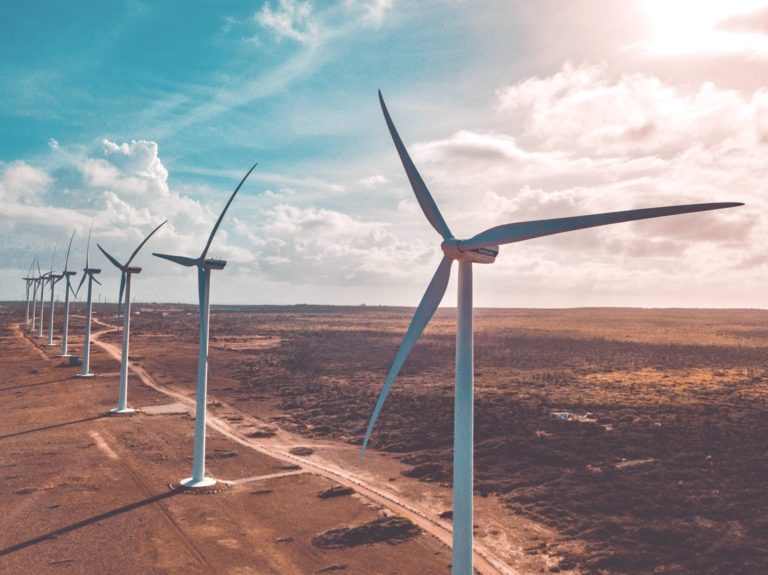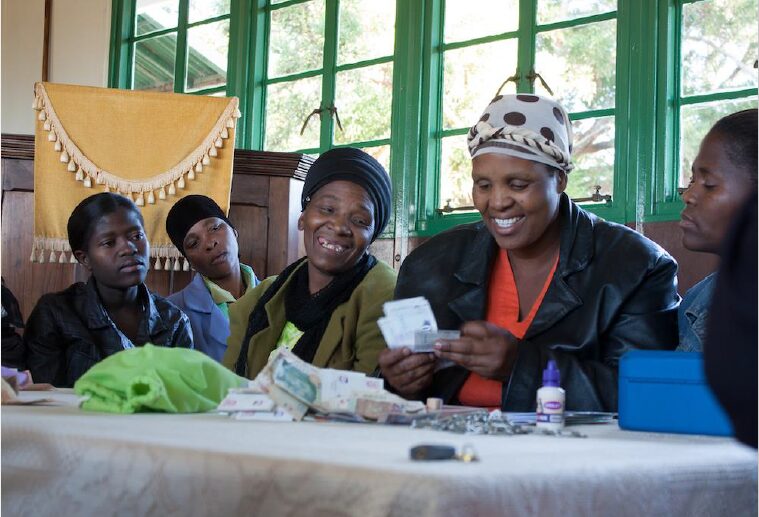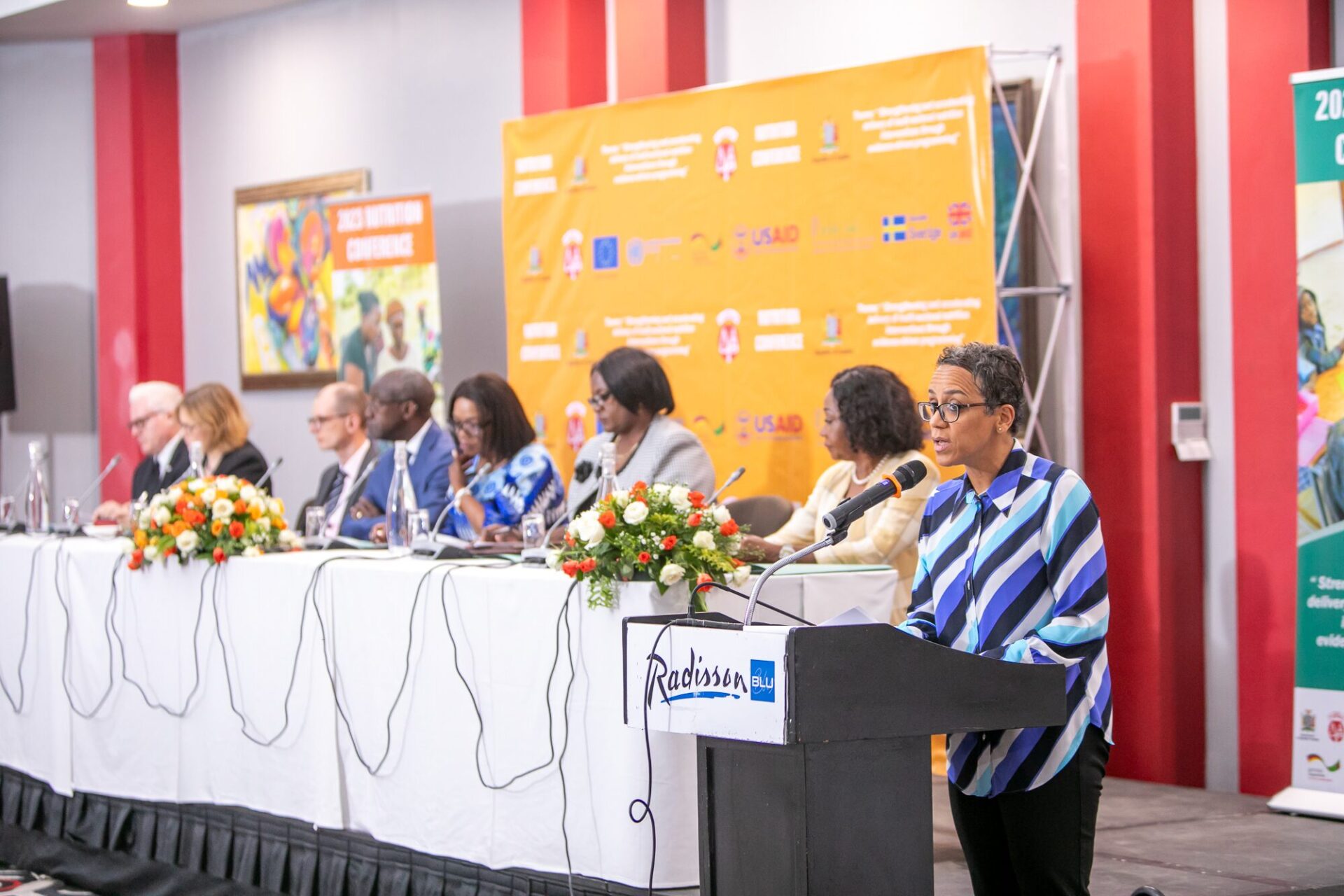In 2021 and 2022, Khulisa participated in a project measuring the creation of “green jobs”, or jobs that contribute toward an evolving green economy, in Kenya. The project, led by RTI International, included surveys of stakeholders in Kenya’s energy and higher education sectors to determine the current extent of green and “decent” jobs – jobs that pay a decent salary and offer good working conditions – in Kenya. The project also sought to determine the additional training and skills development needed to achieve a greener workforce in Kenya – supporting growing sectors like geothermal, hydro, solar, and wind power – in the future.
The project’s research determined that the vast majority of investment into Kenya’s green economy is currently spent on resources that come from outside the country. In order to change this, Kenya needs to better train and prepare its energy workforce to sustain the rapidly growing and changing green economy.
Led by Senior Monitoring, Evaluation, Research, and Learning (MERL) Specialist Tamar Boddé-Kekana, Khulisa developed and conducted a series of surveys in Kenya’s energy sector, collecting data from employees, CEOs, and human resources (HR) professionals in the industry. Khulisa developed the surveys in line with the definitions of green and decent jobs, aiming to help the higher education and energy sectors work together to create a competent green workforce.
Before these surveys, very little was known about the market-relevant skills within Kenya’s green jobs sector, and how “green” and “decent” the jobs in the industry actually are. The project’s initial aim was to pinpoint discrepancies between what the higher education sector teaches students versus the knowledge and skills needed on the ground. However, due to the lack of consensus, this became a broader study into the discrepancies and difference in knowledge base between different job classifications within the green energy industry itself. “The more research we did, the more we found that there actually wasn’t consensus on the type of skills needed in the green energy industry,” says Tamar. Khulisa’s role was to “determine a top list of what skills are needed in what part of the industry…what is it that you would need to learn in order to do well and to actually assist the industry.”

Khulisa surveyed 207 energy sector employees at various employment levels, 13 CEOs/specialists, and 49 HR professionals, using online surveys ranging from five to ten minutes long. The surveys sought to determine strengths and weaknesses within the current energy workforce, where energy workers currently obtain the skills they need for their jobs, and how tertiary institutions can contribute toward preparing future green workers.
Survey results showed there is currently a significant gap between what tertiary education students learn and the actual skills needed to thrive as part of the green jobs workforce. Not only do students need to learn new and different skills, but current members of the green energy industry need to have access to upskilling and re-skilling programs that will give them the expertise they need to succeed in their jobs.
Learn more about the objectives and findings of the Green Jobs project.


